Home
Design for an Entrance to the Internet (Research & Development). / "Our goal with artificial intelligence is to build systems that are better than people at perception - seeing, hearing, language and so on." Mark Zuckerberg, F8 Conference 2016
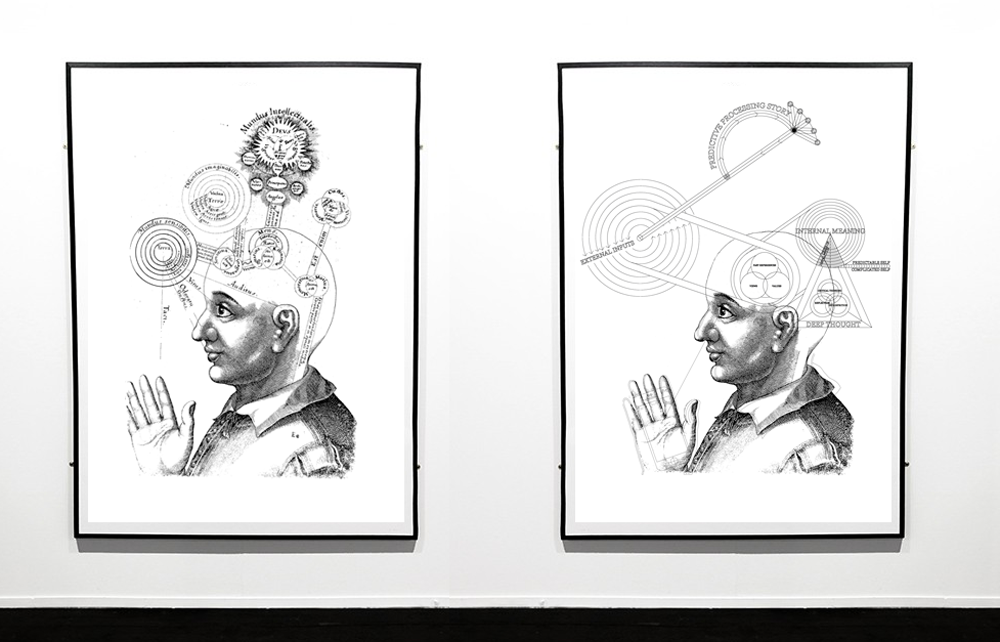
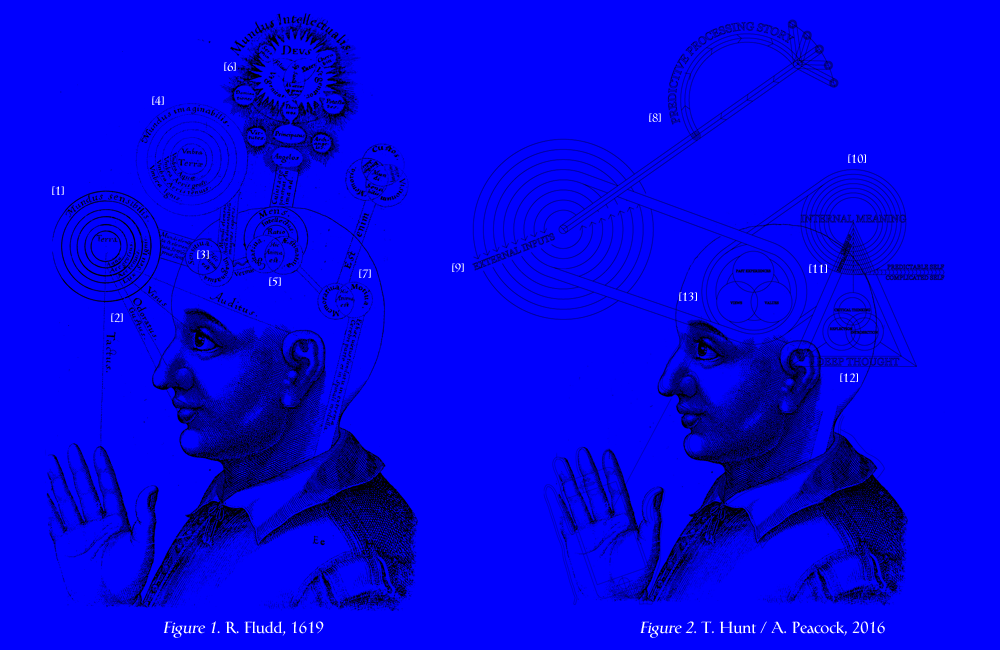
Figure 1: R. Fludd, Utriusque cosmi, Vol. II, Oppenhiem, 1619.
On the left, above the forehead floats the circular diagram of the world as perceptible to the senses [1]. It is subdivided into an elemental quinternity which stands in relation to the five senses of man: touch, taste, smell, hearing and seeing [2]. This 'sensitive world' is 'imagined' in the first brain-chamber [3], by the transforming power of the soul, into a shadowy duplicate [4], and then transcended in the next chamber of the capacity for judgment and knowledge [5]: through the keenness of the spirit the soul penetrates to the divine 'world of the intellect' [6]. The last chamber is the centre of memory and movement [7].
Figure 2: Ted Hunt / Adam Peacock, Outsourced Perception, 2016.
Reflecting and updating R Fludd's visual model of consciousness here we see a Predictive Processing Story [8] (Andy Clark, Surfing Uncertainty, 2016) continual stimulation by sensation and information which is processed into certainties by the arc of predictions and educated guesses of what might be generating these signals. Where this process used to inhabit the inside of our skulls it is now shown as residing externally, our perceptions are increasingly 'outsourced' to the augmented ether (Internet) as illustrated by the smartphone of the hand which replaces the five senses defined by Fludd. Certainties of the predictive processing story are then fed into our External Inputs [9] which are rendered through the ceaseless updates of smartphones. Here these inputs enter our minds where we begin to make an Internal Meaning [10] of these pre-selected certainties. We are now experiencing a Crisis of Distraction [11] as the frequency of External Inputs we are hardwired to observe and process is limiting our time and ability to practise Deep Thought [12] (Critical Thinking / Reflection / Introspection). This crisis is at a detriment to the trio of our sense of self formed by our Past Experiences, Views and Values [13] as it is deep thought which enables thinking which is singular and original, ultimately forming our sense of self. Our ability to conduct deep thought is being out sourced along with our perception of the world, what Fludd saw as our internal "imagined world" is now imagined by other on our behalf. The internet, in short, is becoming an external extension of our brain and cognitive systems. Perhaps our concerns with making 'machines becoming more like man' should in actual fact be concerns with 'man becoming more like machines'.
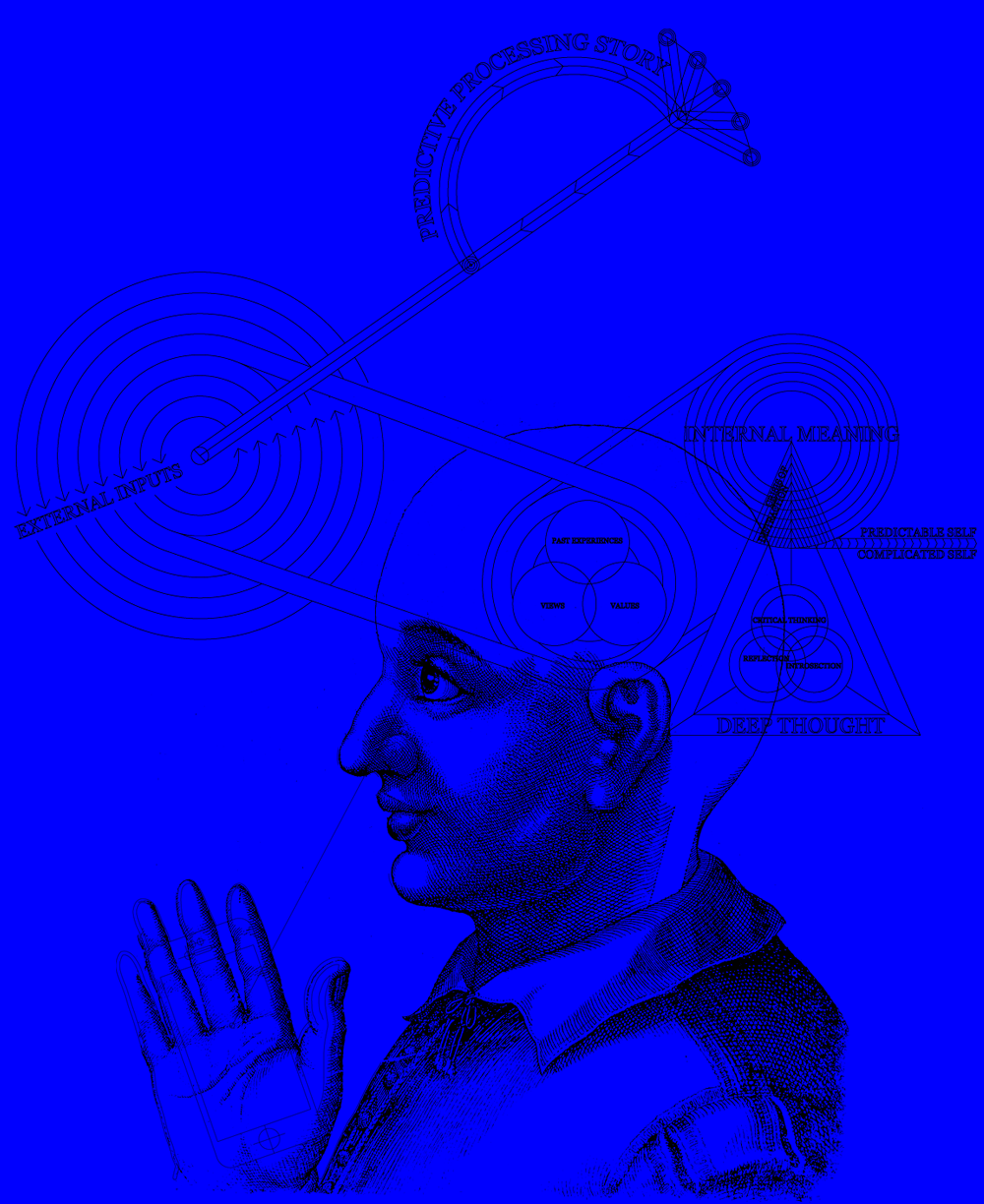
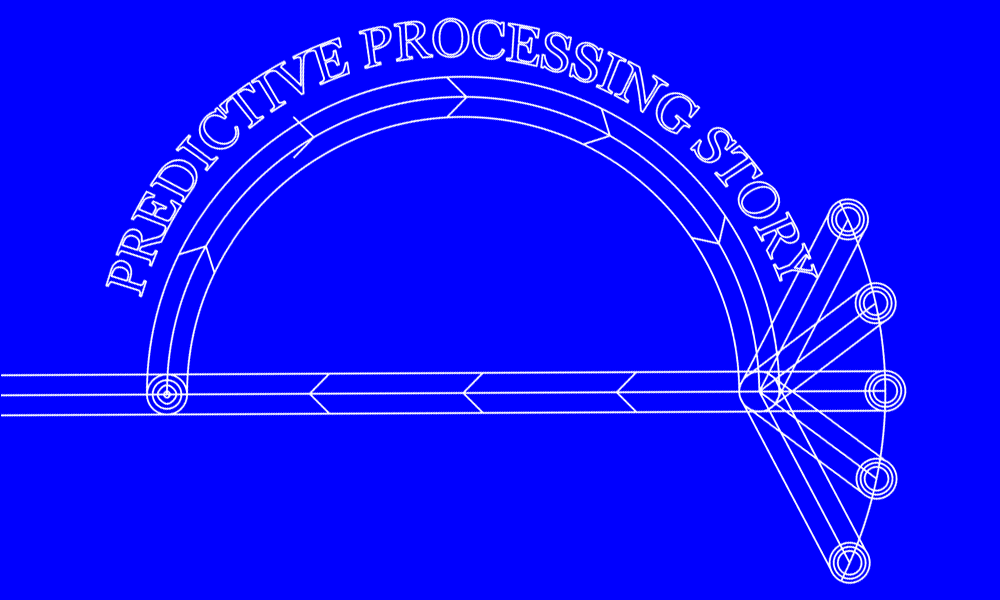
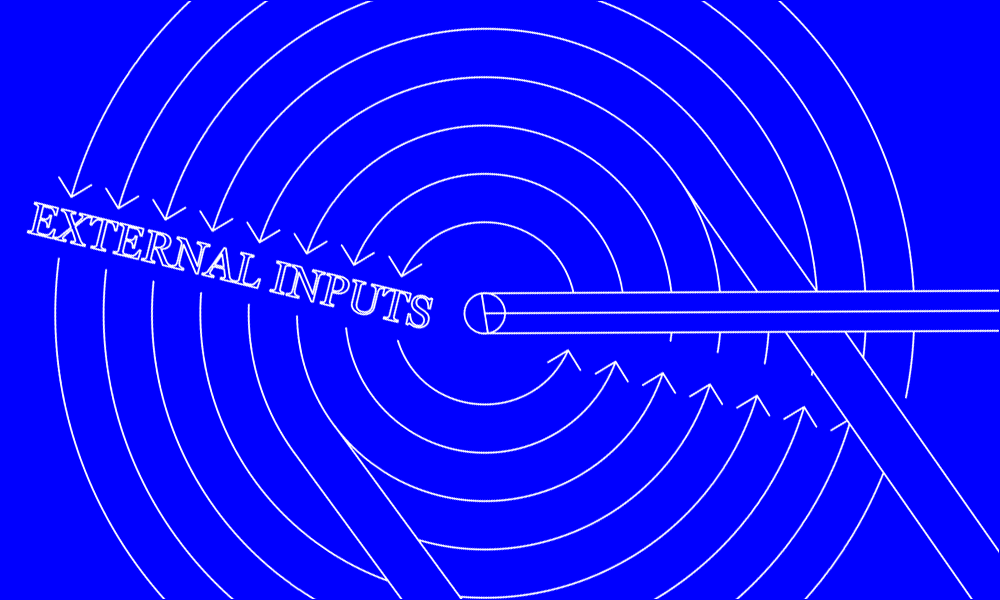
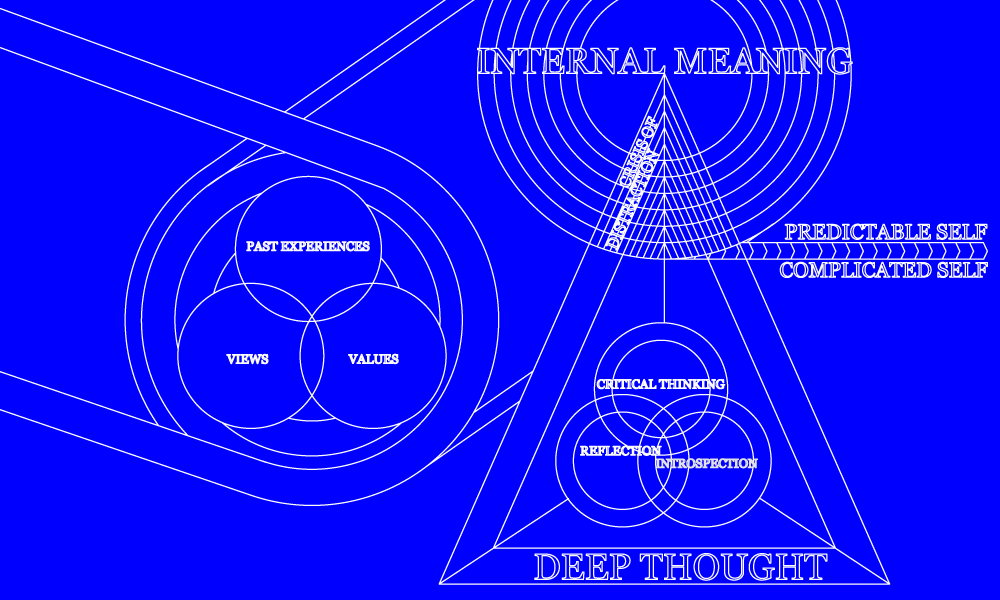
Renderings by Adam Peacock.
ted@ted-hunt.com | @_ted_hunt |
Design for an Entrance to the Internet (Research & Development). / "Our goal with artificial intelligence is to build systems that are better than people at perception - seeing, hearing, language and so on." Mark Zuckerberg, F8 Conference 2016


Figure 1: R. Fludd, Utriusque cosmi, Vol. II, Oppenhiem, 1619.
On the left, above the forehead floats the circular diagram of the world as perceptible to the senses [1]. It is subdivided into an elemental quinternity which stands in relation to the five senses of man: touch, taste, smell, hearing and seeing [2]. This 'sensitive world' is 'imagined' in the first brain-chamber [3], by the transforming power of the soul, into a shadowy duplicate [4], and then transcended in the next chamber of the capacity for judgment and knowledge [5]: through the keenness of the spirit the soul penetrates to the divine 'world of the intellect' [6]. The last chamber is the centre of memory and movement [7].
Figure 2: Ted Hunt / Adam Peacock, Outsourced Perception, 2016.
Reflecting and updating R Fludd's visual model of consciousness here we see a Predictive Processing Story [8] (Andy Clark, Surfing Uncertainty, 2016) continual stimulation by sensation and information which is processed into certainties by the arc of predictions and educated guesses of what might be generating these signals. Where this process used to inhabit the inside of our skulls it is now shown as residing externally, our perceptions are increasingly 'outsourced' to the augmented ether (Internet) as illustrated by the smartphone of the hand which replaces the five senses defined by Fludd. Certainties of the predictive processing story are then fed into our External Inputs [9] which are rendered through the ceaseless updates of smartphones. Here these inputs enter our minds where we begin to make an Internal Meaning [10] of these pre-selected certainties. We are now experiencing a Crisis of Distraction [11] as the frequency of External Inputs we are hardwired to observe and process is limiting our time and ability to practise Deep Thought [12] (Critical Thinking / Reflection / Introspection). This crisis is at a detriment to the trio of our sense of self formed by our Past Experiences, Views and Values [13] as it is deep thought which enables thinking which is singular and original, ultimately forming our sense of self. Our ability to conduct deep thought is being out sourced along with our perception of the world, what Fludd saw as our internal "imagined world" is now imagined by other on our behalf. The internet, in short, is becoming an external extension of our brain and cognitive systems. Perhaps our concerns with making 'machines becoming more like man' should in actual fact be concerns with 'man becoming more like machines'.




Renderings by Adam Peacock.
ted@ted-hunt.com | @_ted_hunt |